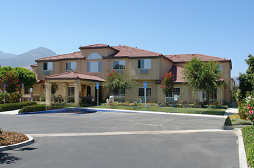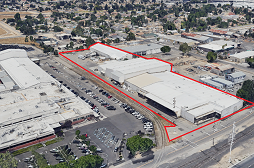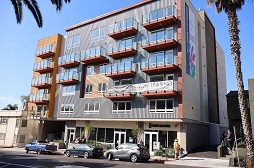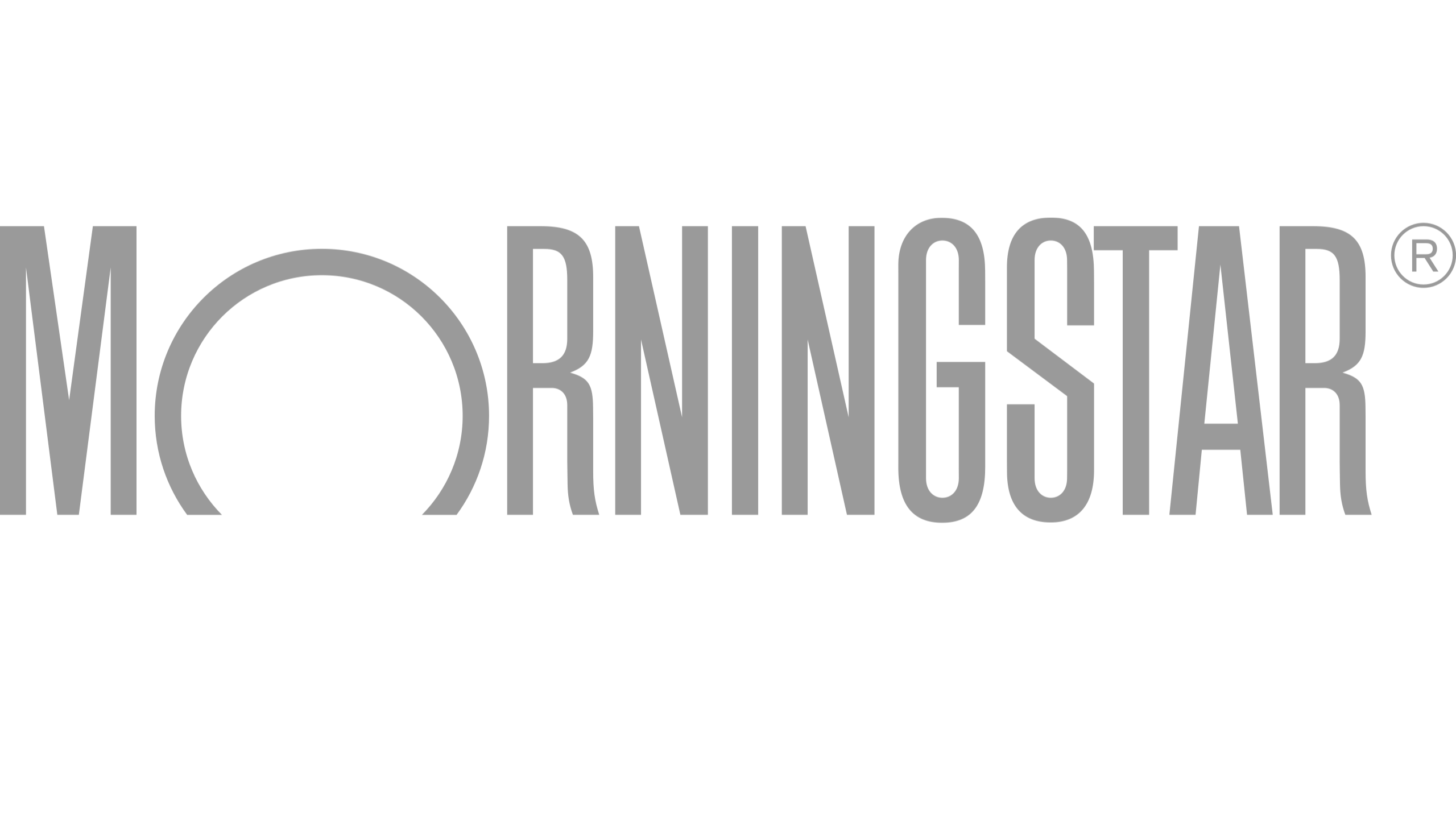4 Tips to Help Real Estate Entrepreneurs Raise Capital Without Giving Up Equity
Many entrepreneurs are drawn to real estate because they champion independence. They have a vision and want their success to directly correlate with the amount of industriousness and creativity they put into their business.
However, when it comes to raising capital, real estate entrepreneurs often face a difficult choice—How can I expand my business without giving up equity? Luckily, there are viable and battle-tested answers to this question.
This article provides four actionable tips that will help you retain ownership of your business while obtaining the money you need to grow it into something you can be proud of.
Free Up Liquidity
The ease with which an asset can be converted into cash without affecting its market price is known as its liquidity. The easier it is to exchange an asset for cash, the more liquid it is. Therefore, equity that is difficult to convert into cash contributes to your illiquid net worth.
Illiquidity prevents real estate entrepreneurs from expanding their business, and limits their ability to adapt to novel market forces. Luckily, there are strategies you can employ to free up liquidity from several common illiquidity traps:
- Prepayment Penalties — Lenders want to earn interest on their loans, so they may charge a fee to pay off the loan early. This means your equity is locked up unless you are willing to pay that premium.
- Low Available Loan-to-Value (LTV) — The leverage senior lenders can provide is capped, locking up liquidity.
- Partnership Deals — Partnerships often require cooperative decision making. If you are part of a limited or general partnership, your ability to free up liquidity may rest on their approval.
So, how can a real estate entrepreneur free up liquidity from these illiquidity traps? One option is to structure a second position loan, but this route may prove difficult for properties where a partner’s agreement is necessary. Another option is to structure a loan on your partnership interests with covenants between senior lenders and partners in mind.
Cash-Out Refinance on Your Rental Properties
Strategically extracting cash from your investment properties is a viable way for real estate entrepreneurs to raise capital. This tactic is particularly useful in a bullish real estate market.
Cash-out refinancing on an investment property and a primary home works in the same way. You take out a loan that exceeds the one you already owe and use it to pay off the mortgage. You can then use the difference as liquid capital to purchase new properties or renovate old ones.


Sweat Equity
Capital spent on renovation eats away at your potential profits. If you have skills that can help improve the property, from landscaping and plumbing, to electrical and DIY construction work, you can increase the value of a property without investing capital.
You can also use this tactic, known as sweat equity, to raise capital. For example, you can align yourself with an investor who has cash, but doesn’t have the skills for renovation. Then you can use the time you put into fixing up the property as your portion of the investment since you are adding value to the property.
If you don’t have DIY skills, you can employ a similar strategy by finding tenants before the purchase. In a similar way to sweat equity, you are using your time, rather than your money, to add value to the property. This strategy can potentially lead to nearly 100% of a property acquisition being financed.
Seller Financing
Seller’s may finance a buyer’s mortgage, making it easier to sell a house. This works particularly well in down real estate markets because credit is tight, so buyers may stand to gain from seller financing. Seller’s benefit because they are more likely to hit their desired asking price, even in a buyer’s market.
Sellers in this position will often leave their loan in second position behind the senior loan. Therefore, the real estate entrepreneur’s downpayment is reduced, and even potentially eliminated.
Real estate entrepreneurs can still receive some cash equity from the borrower, typically around 10% of the total cost of the transaction.
Conclusion
You can start implementing the information from this article immediately. Some tactics may be more useful to you at the moment than others. Remember that cash-out refinancing is particularly beneficial in a bullish market, while seller financing may be a more viable route in a bearish market.
In any case, the conclusion is clear—you don’t have to give away your hard won equity to grow your real estate business. To learn more about raising capital without giving up equity in your business you can contact us to inquire about hard money loans and bridge loans.
- Funding typically in 5-7 business days
Loan Amounts from $200,000 to $20,000,000
- Interest Rates from 8% to 10.5%
Loan Term: 3 – 24 months
Commercial & Residential (non-owner occupied) Real Estate
- Purchase, Refinance, Cash-out Refinance, Rehab, Blanket Loans
Foreign National Loans Available
About Wilshire Quinn
Wilshire Quinn is a San Diego hard money lender focused on short term bridge loans, secured by first trust deeds. The company is based in San Diego, CA with offices in Los Angeles and San Francisco. Wilshire Quinn typically funds loans for their customers in 5-7 days. Their successful track record is closely linked to their ability to make immediate lending decisions based on their highly disciplined underwriting approach. The company funds a variety of loans such as: refinance, purchase, blanket, rehab loans, 1031 exchange, partnership buyouts, and more. They originate hard money loans ranging from $200,000 – $20,000,000. Wilshire Quinn works with commercial and residential buyers nationwide.
Recently Funded Hard Money Loan Transactions





Submit a loan application
Partner with a Hard Money Lender you can trust.





